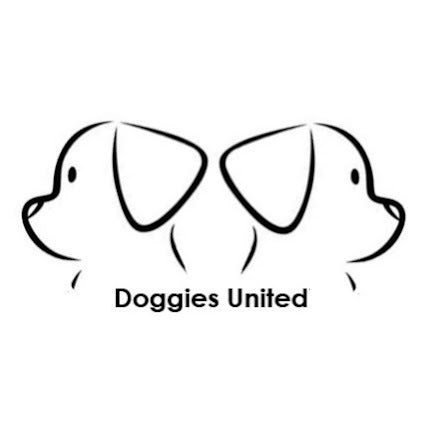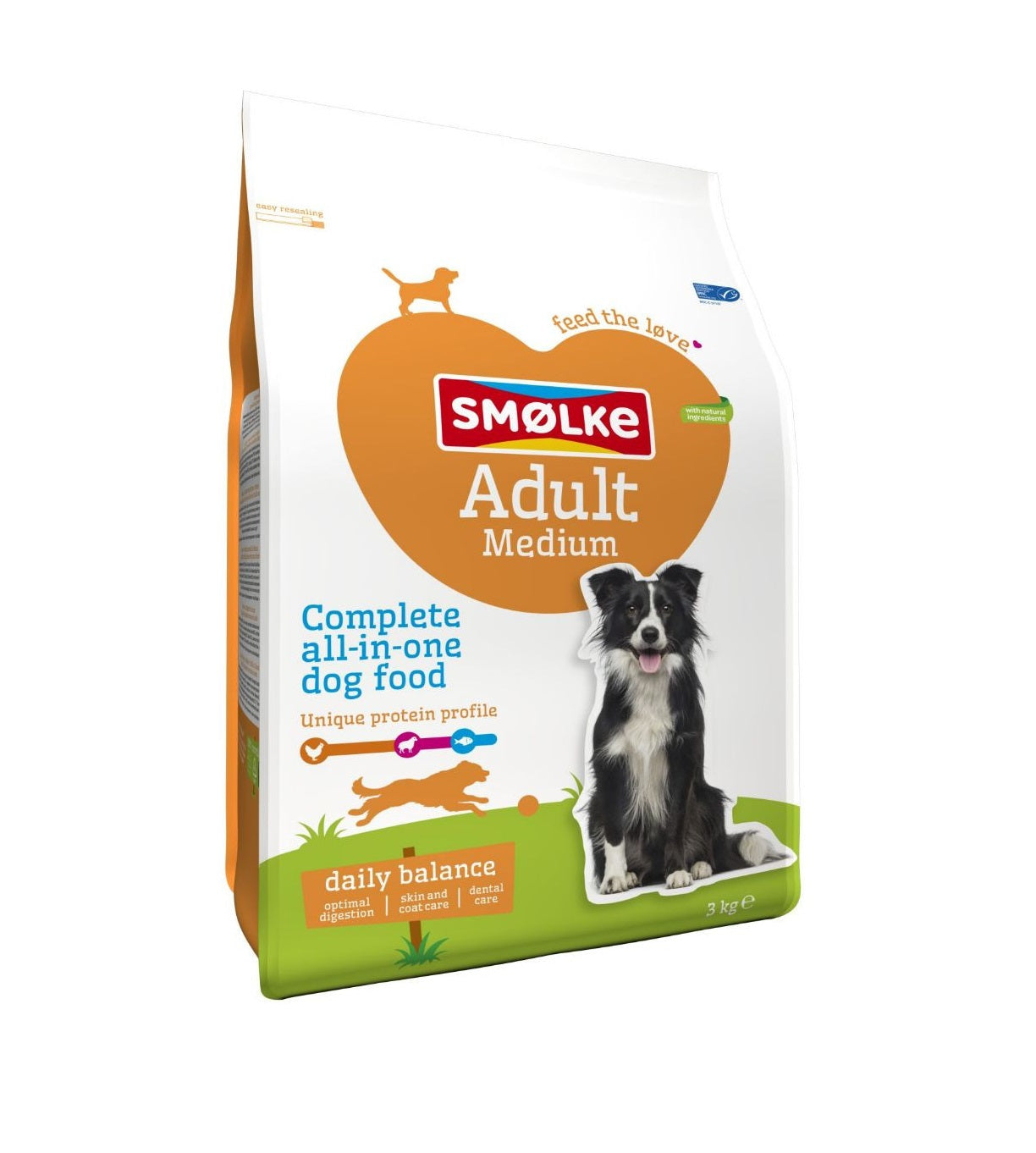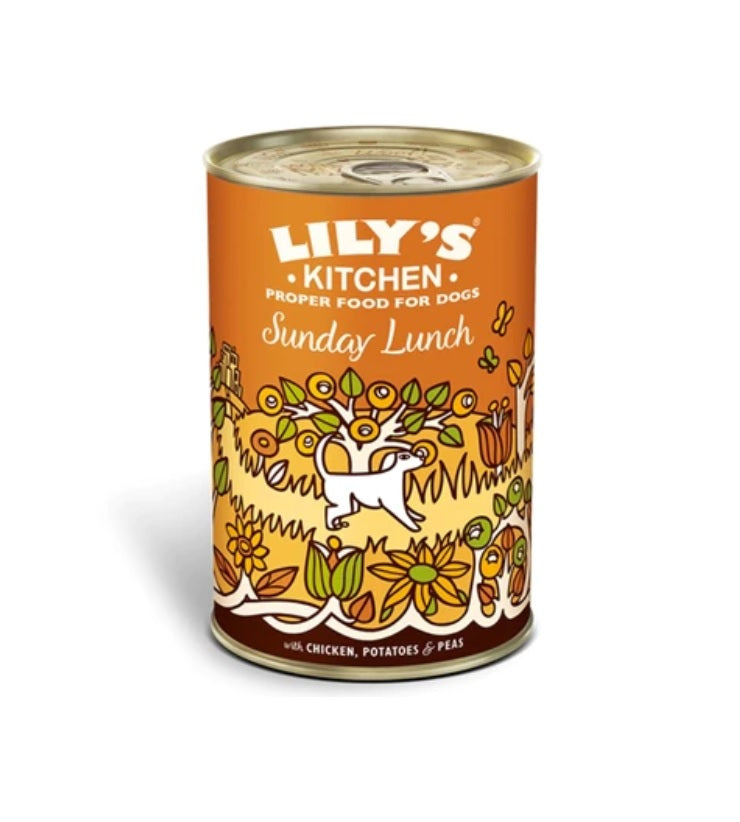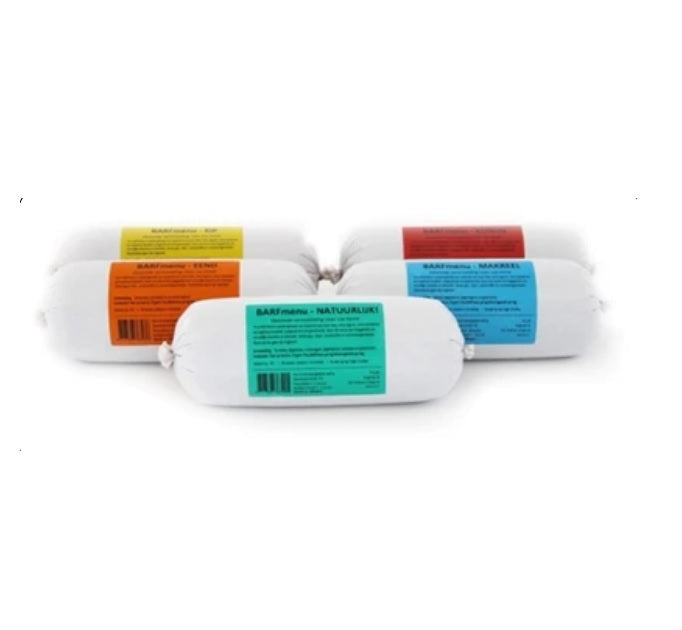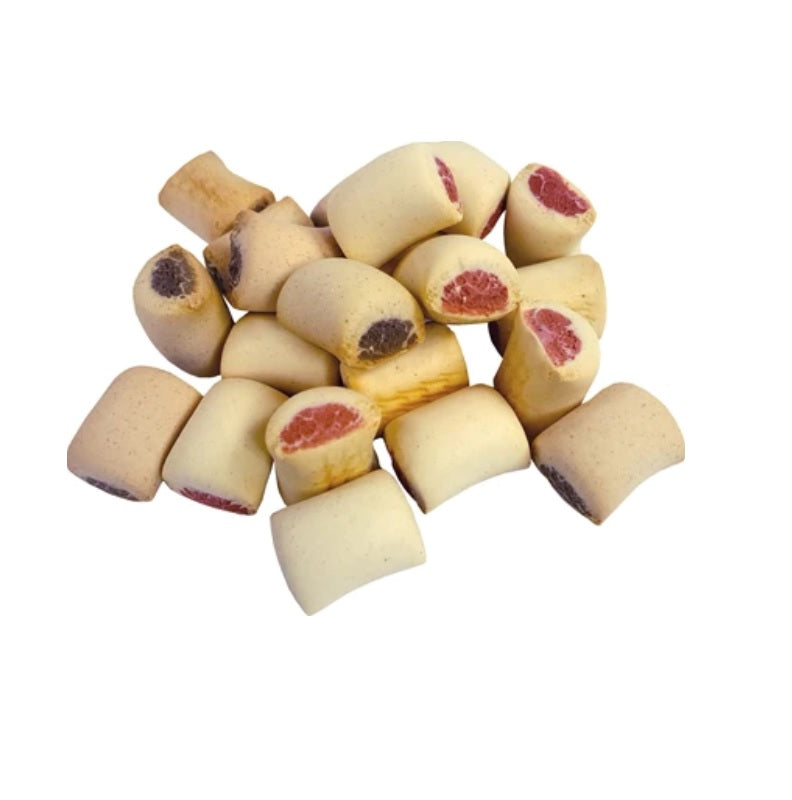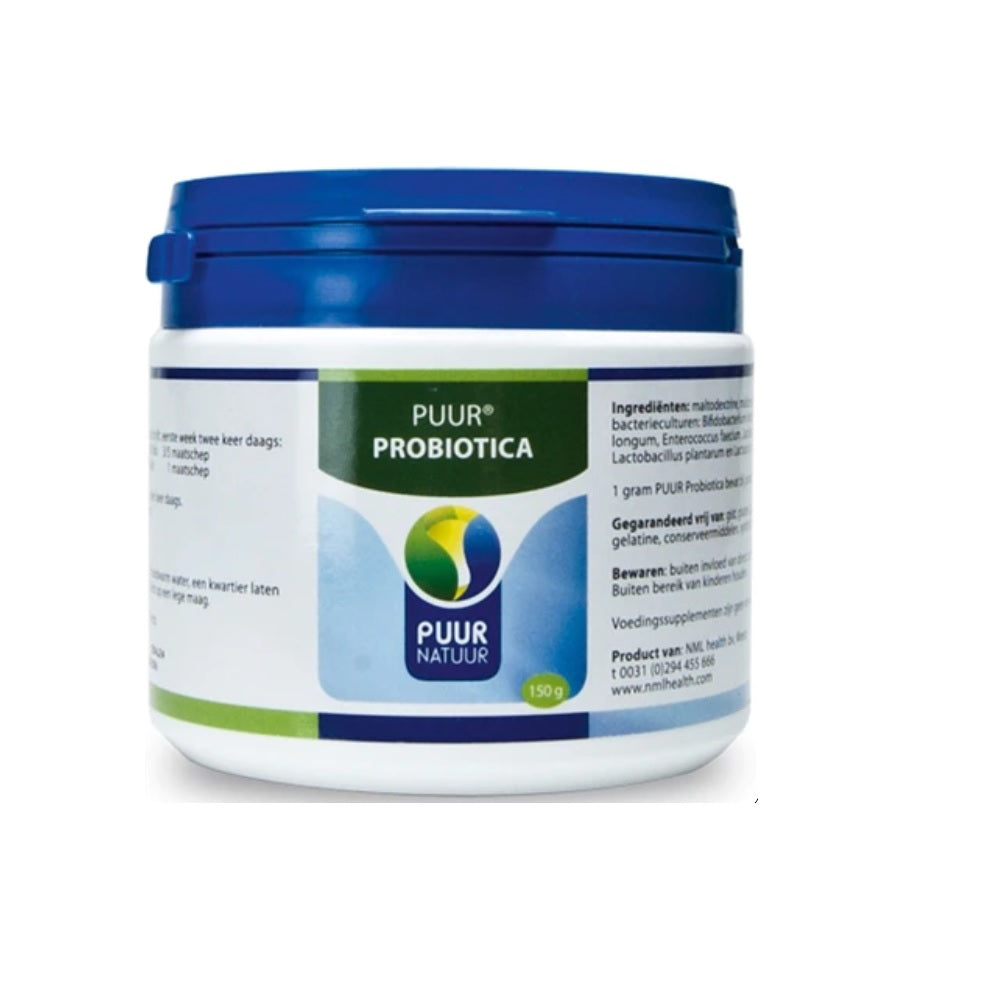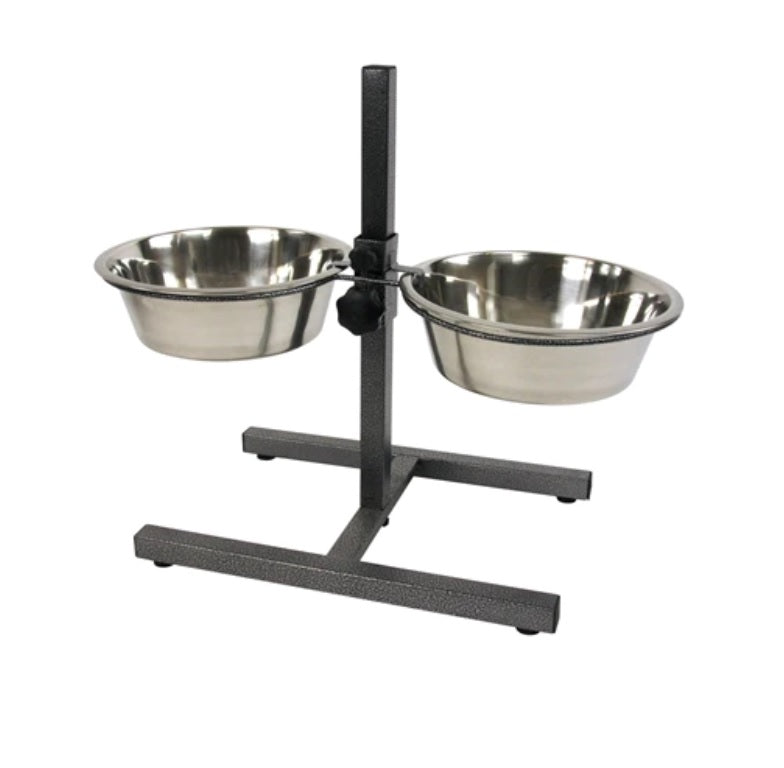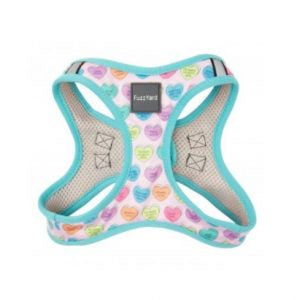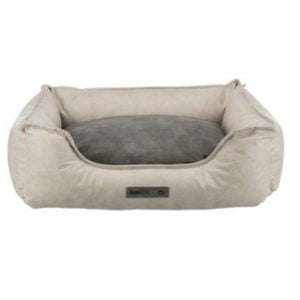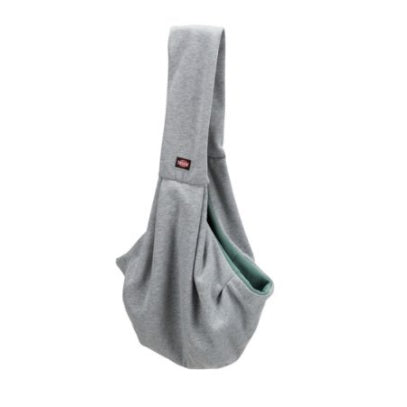DOG FOOD
As a dog owner, the well-being of your four-legged friend is undoubtedly one of your top priorities.
A key aspect of this is nutrition. The right dog food and dog treats are important for your dog’s health and happiness. We provide a comprehensive overview of everything you need to know about dog food and dog treats, so you can make an informed choice that contributes to your dog’s well-being.
There are a wide variety of dog foods available, each with its own benefits. Choosing the right food depends on several factors, including your dog's age, size, activity level, and any health conditions he or she may have.
Dry food is a popular choice among dog owners. It is convenient to use, has a long shelf life and can help keep your dog’s teeth clean. Wet food, on the other hand, has a higher moisture content than dry food, which can be beneficial for dogs that do not drink enough. It is often tastier for dogs, but is more expensive and has a shorter shelf life after opening.
Organic dog treats and grain-free dog food are produced without synthetic pesticides, fertilizers, or hormones. Grain-free dog food excludes ingredients such as wheat, corn, and soy, which can be a solution for dogs with allergies or intolerances. There is also food available that is tailored to specific health conditions or life stages, such as puppy food , senior dog food , or food for dogs with certain medical conditions such as obesity or kidney problems.
Dog treats are not only a tasty treat for your dog, they can also help support his health and be used as a training aid. Dental treats are designed to reduce plaque and tartar buildup, helping to support your dog’s oral health. Training treats are small, tasty treats that can be used as a reward during training. Natural Treats: These treats are made from natural ingredients and often do not contain added colors or preservatives. Choose treats that suit your dog’s dietary needs and preferences. Pay attention to the ingredient list and avoid products with artificial additives or high fat content. It is also important to choose treats that are size appropriate for your dog to avoid a choking hazard. Feeding guidelines will vary depending on your dog’s age, breed, and activity level. In general, it is recommended that adult dogs be fed twice daily. Puppies require several smaller meals throughout the day.
Beware of excess weight, excess weight in dogs can lead to health problems. Signs of excess weight include difficulty breathing, decreased activity, and fat around the ribs. Consult your veterinarian if you think your dog is overweight. It is generally not a good idea to feed your dog table scraps, as many foods that are safe for humans can be harmful to dogs. This can also lead to poor eating habits and health problems. Choosing the right dog food and treats is essential for the health and well-being of your dog. By considering your dog’s specific needs and choosing quality products, you can ensure that your dog gets all the nutrients he needs to stay happy and healthy. Remember to always seek veterinary advice if you have any doubts about your dog’s diet.
